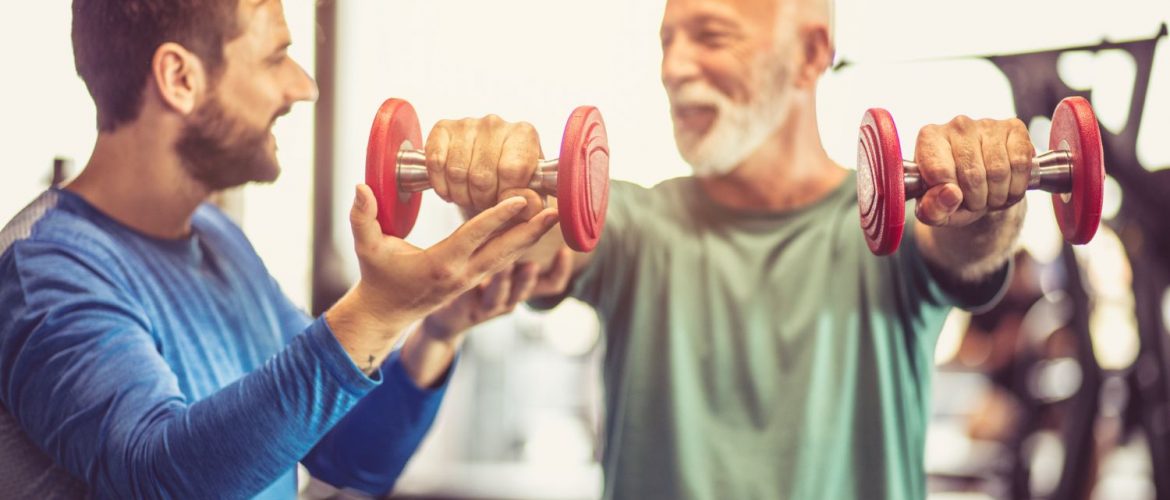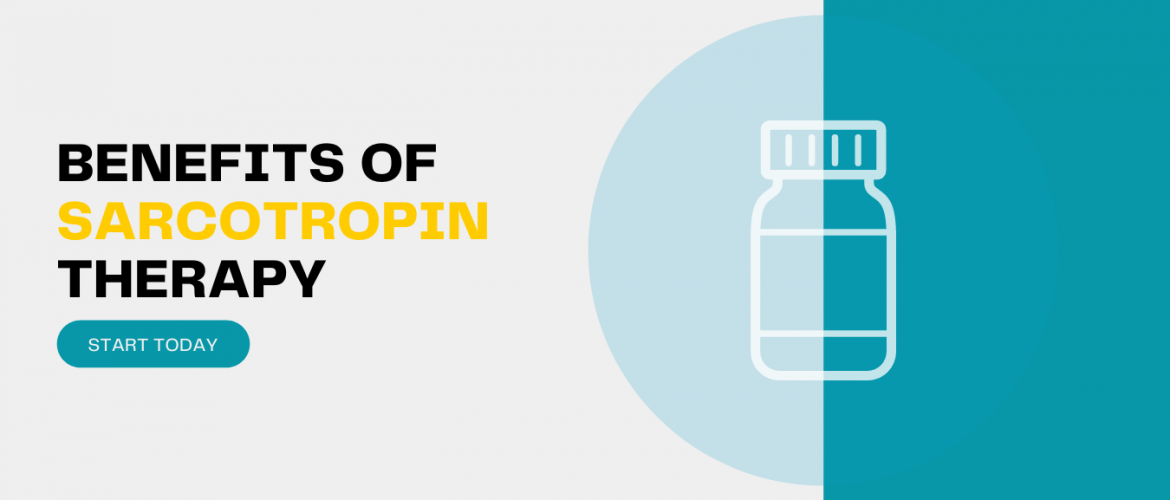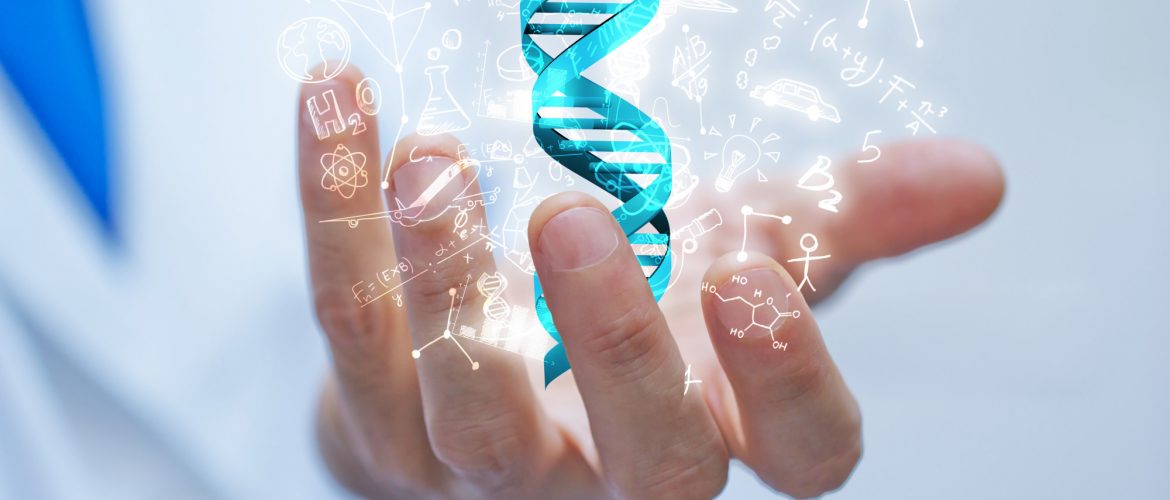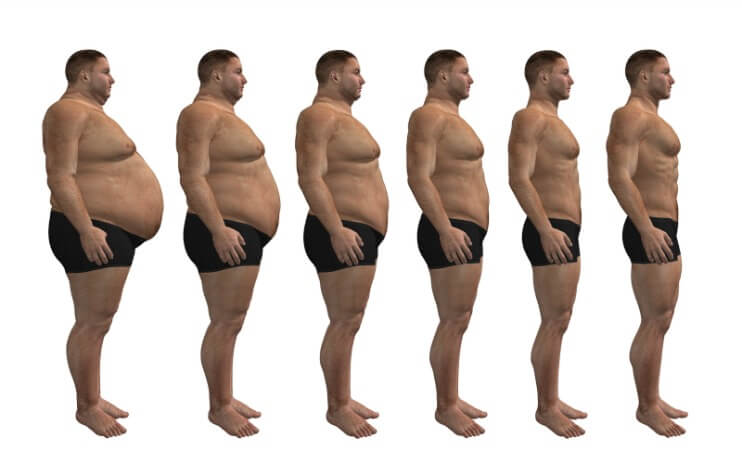How Sarcotropin Encourages Weight Loss For years, advertisements have touted products that are the one answer to the weight loss you need. This is simply not possible. Weight loss isn’t that simple. Losing weight isn’t the same as fat loss, and doesn’t necessarily increase lean muscle mass. Weight loss for women is different than for men. Weight loss for the elderly also requires specific treatment. Did you know that after the age of 30, if you’re inactive, you can lose 3%-5% of your muscle mass each decade? So
Six Amazing Benefits of Sarcotropin Therapy When you’re young, the body burns fat and builds muscle pretty easily. As you get older, muscle mass can decrease and continue to decline. You might notice more stubborn fat, reduced endurance, loss of vitality, and even a reduction in your qualify of life. This is a condition called Sarcopenia, and it doesn’t need to be something you struggle with. Sarcotroin therapy is a non-invasive treatment that addresses these changes. Sacrotropin is a medical food that is
Genetic Testing for Inherited Heart Disease: What You Need to Know If you have a family history of heart disease, you may want to find out if you have inherited the same genes and whether heart disease is something you could face in the future. This where genetic testing comes in handy. Basically, genetic testing is a process where your DNA is examined for changes that could cause heart disease later on in life. These DNA changes are known as pathogenic mutations
Hot Flashes Of all the symptoms of menopause, hot flashes are possibly the most uncomfortable. Not that the other symptoms are any better, but the intense heat that starts in your chest and rises to your neck and head can be extremely debilitating, especially during the triple-digit heatwaves that are common in Phoenix during the summertime. Although a lucky minority of women won’t experience hot flashes at all during menopause, about three-quarters of women will—and for about 30% of menopausal women, hot
Male Weight Gain Remember when you thought the “middle-aged spread” was the sort of thing that happened to other men? The lazy types who ate poorly, didn’t exercise and drank too much? Turns out male weight gain is as much about your biology as it is about your lifestyle. The average adult loses between 3% and 8% of muscle during each decade after 30. This loss of muscle tissue and mass as a natural






